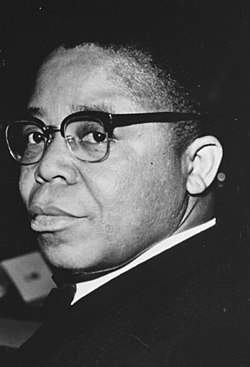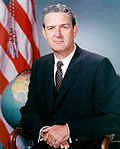| << | September 1960 | >> | ||||
|---|---|---|---|---|---|---|
| Su | Mo | Tu | We | Th | Fr | Sa |
| 1 | 2 | 3 | ||||
| 4 | 5 | 6 | 7 | 8 | 9 | 10 |
| 11 | 12 | 13 | 14 | 15 | 16 | 17 |
| 18 | 19 | 20 | 21 | 22 | 23 | 24 |
| 25 | 26 | 27 | 28 | 29 | 30 | |




The following events occurred in September 1960:
Contents
- September 1, 1960 (Thursday)
- September 2, 1960 (Friday)
- September 3, 1960 (Saturday)
- September 4, 1960 (Sunday)
- September 5, 1960 (Monday)
- September 6, 1960 (Tuesday)
- September 7, 1960 (Wednesday)
- September 8, 1960 (Thursday)
- September 9, 1960 (Friday)
- September 10, 1960 (Saturday)
- September 11, 1960 (Sunday)
- September 12, 1960 (Monday)
- September 13, 1960 (Tuesday)
- September 14, 1960 (Wednesday)
- September 15, 1960 (Thursday)
- September 16, 1960 (Friday)
- September 17, 1960 (Saturday)
- September 18, 1960 (Sunday)
- September 19, 1960 (Monday)
- September 20, 1960 (Tuesday)
- September 21, 1960 (Wednesday)
- September 22, 1960 (Thursday)
- September 23, 1960 (Friday)
- September 24, 1960 (Saturday)
- September 25, 1960 (Sunday)
- September 26, 1960 (Monday)
- September 27, 1960 (Tuesday)
- September 28, 1960 (Wednesday)
- September 29, 1960 (Thursday)
- September 30, 1960 (Friday)
- References










